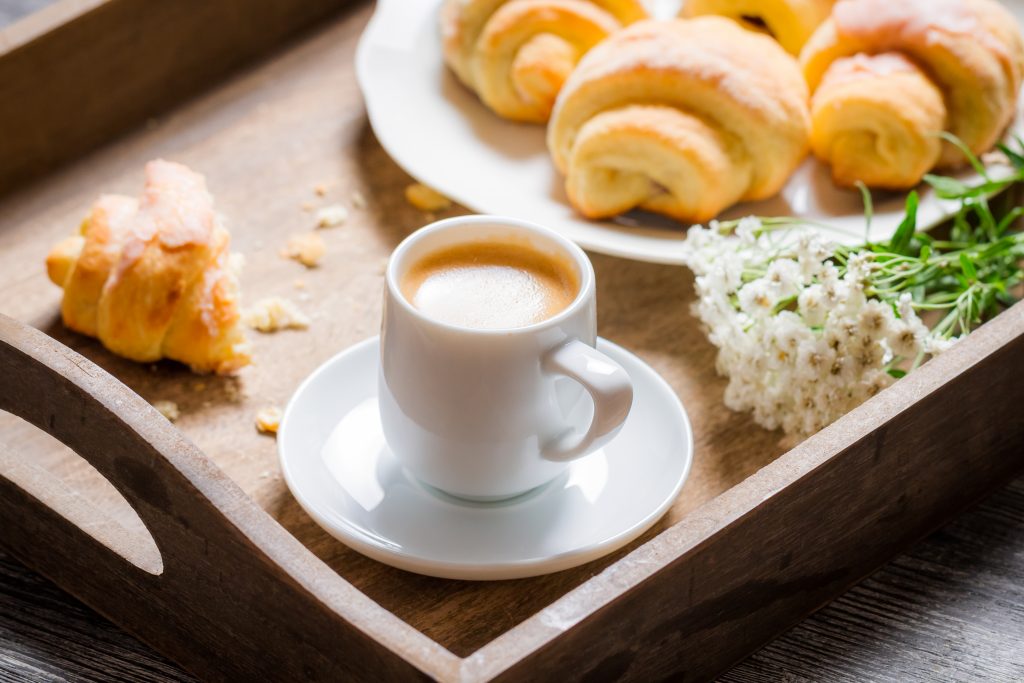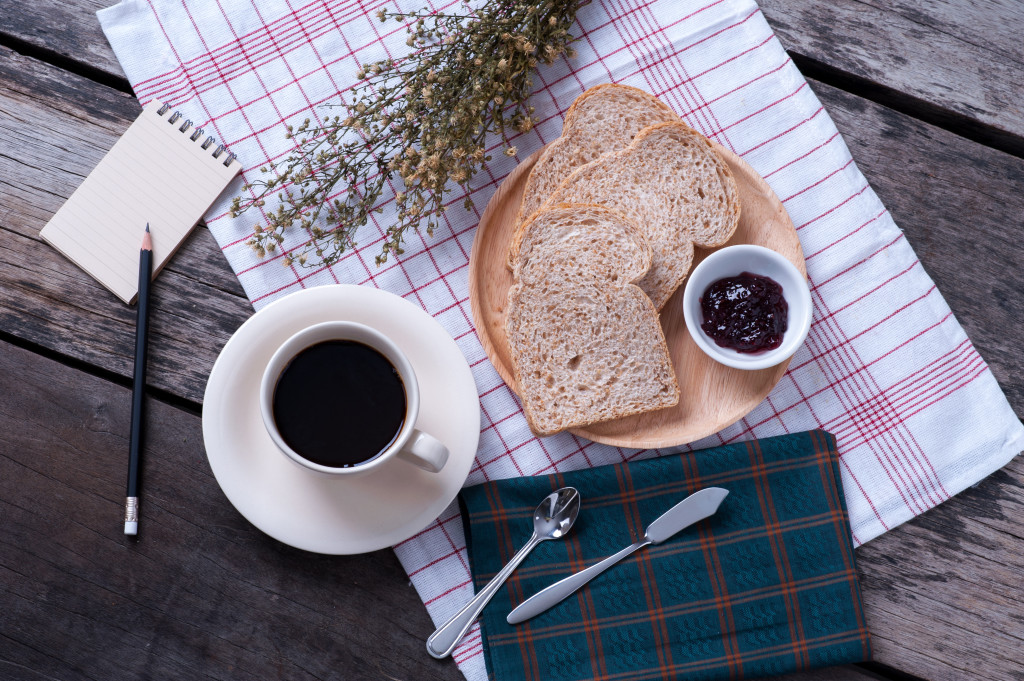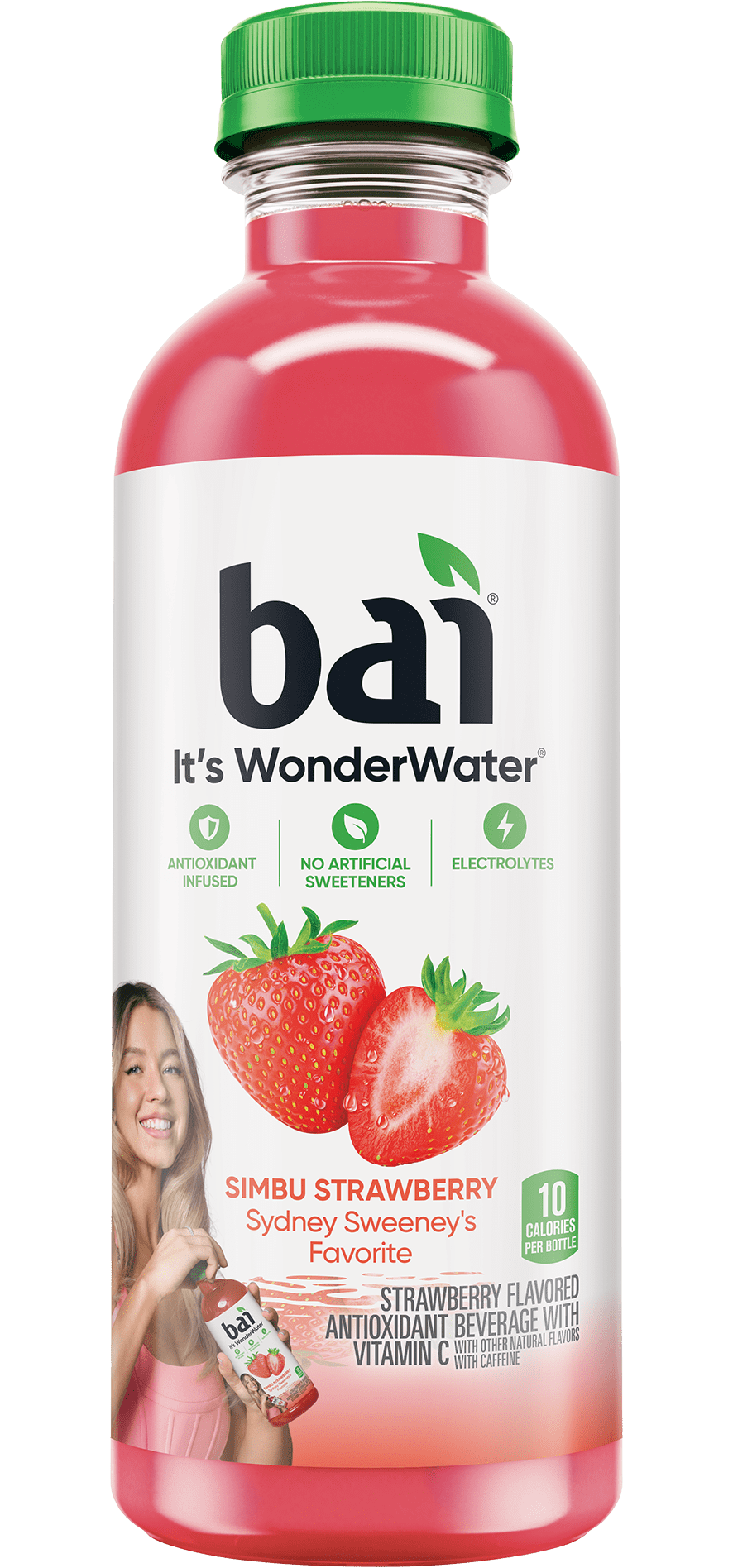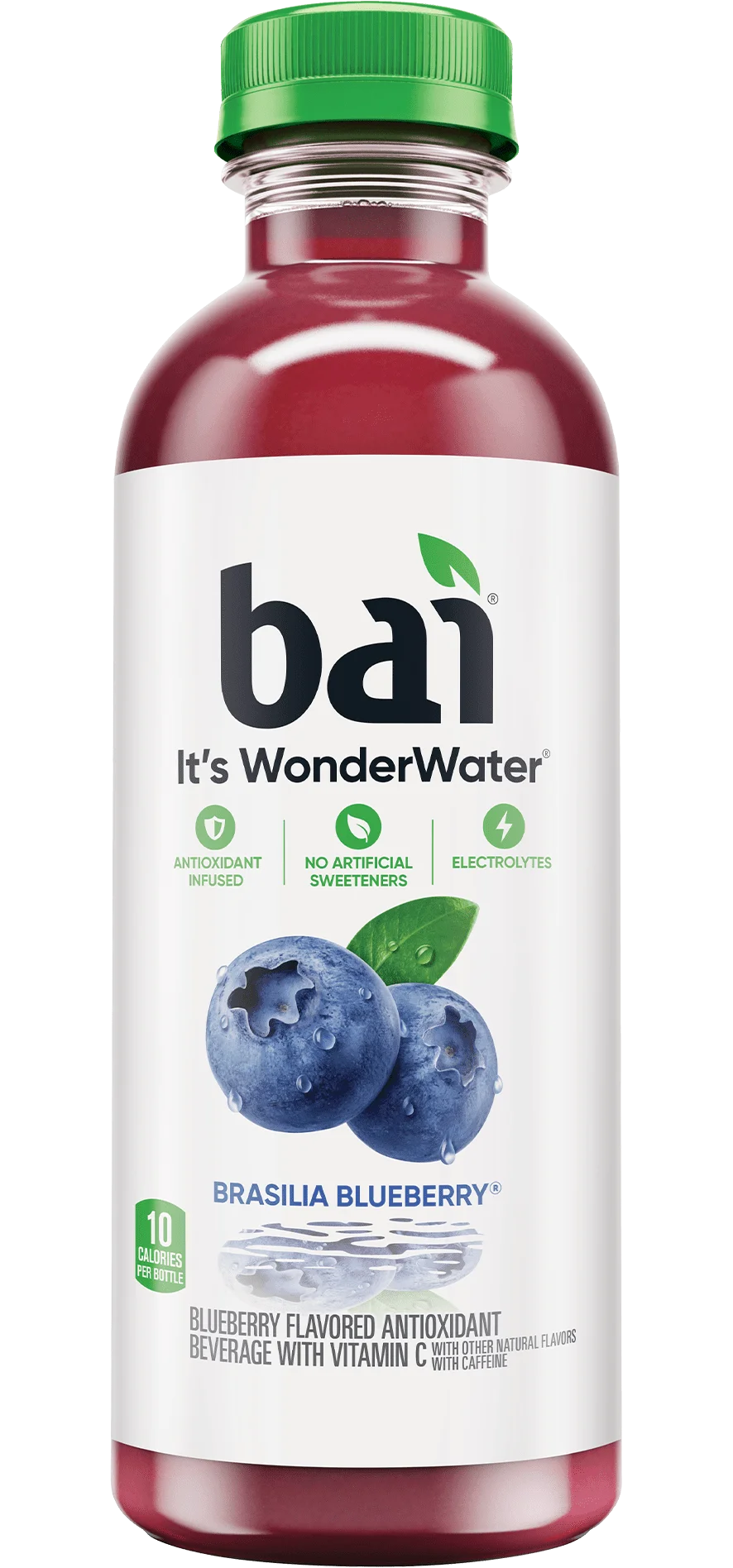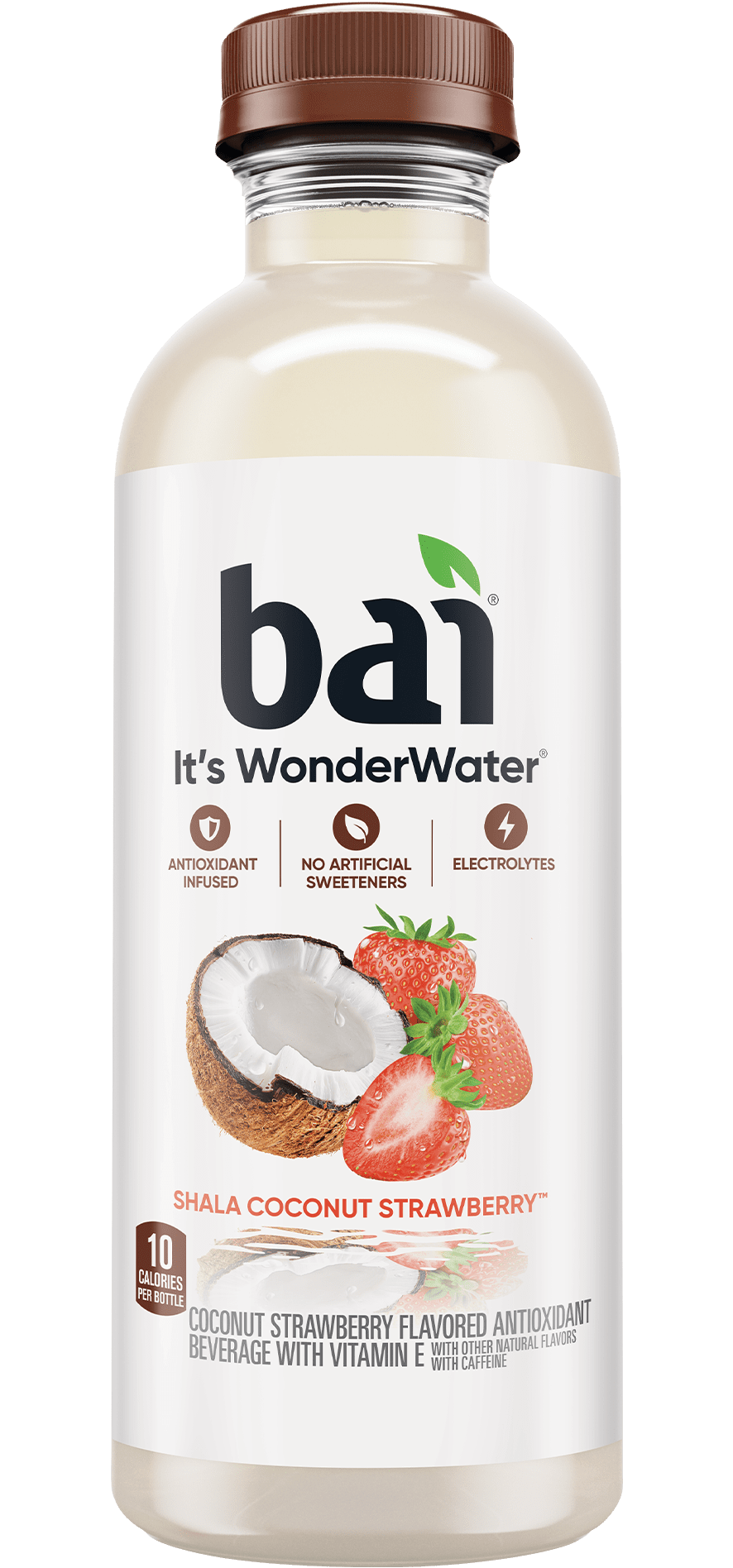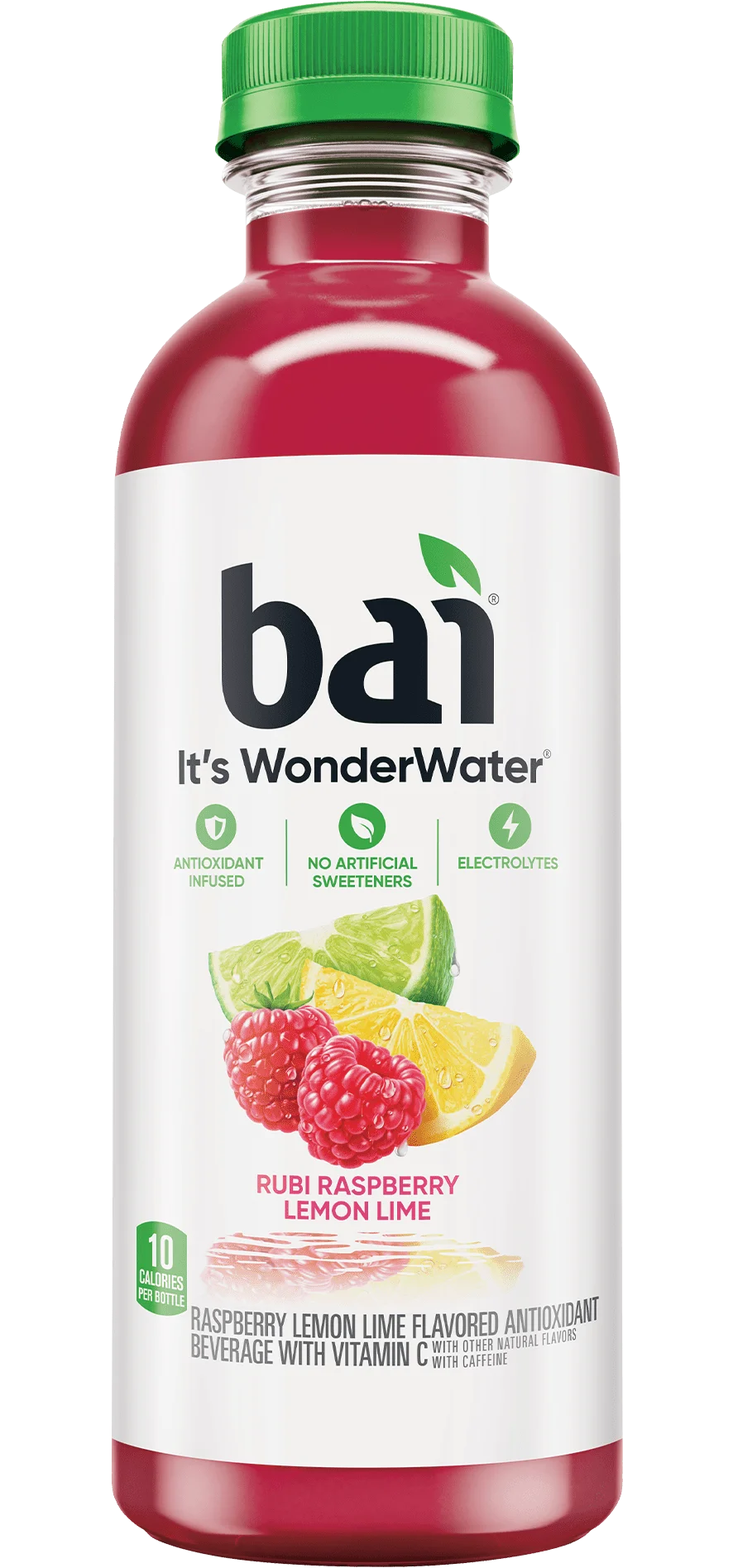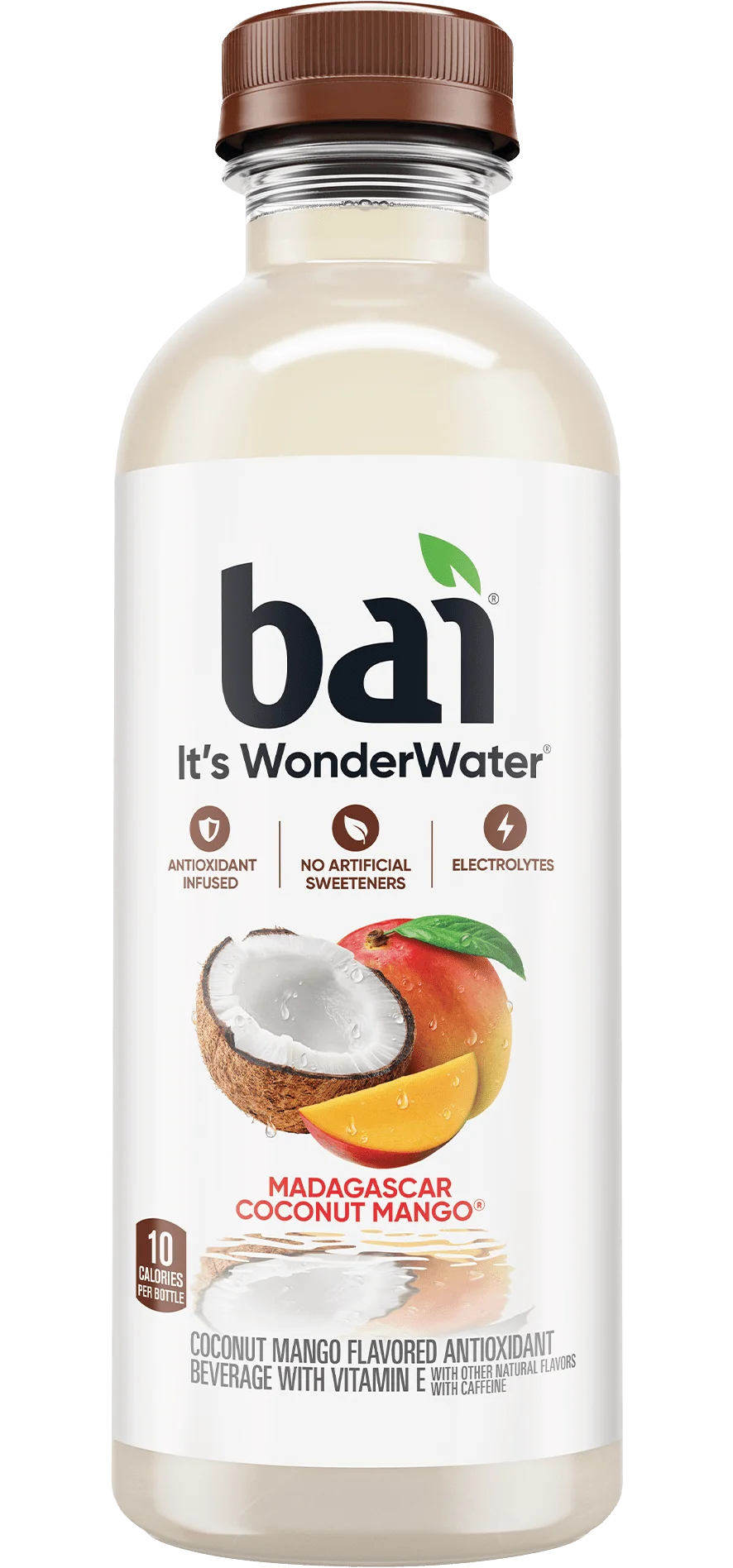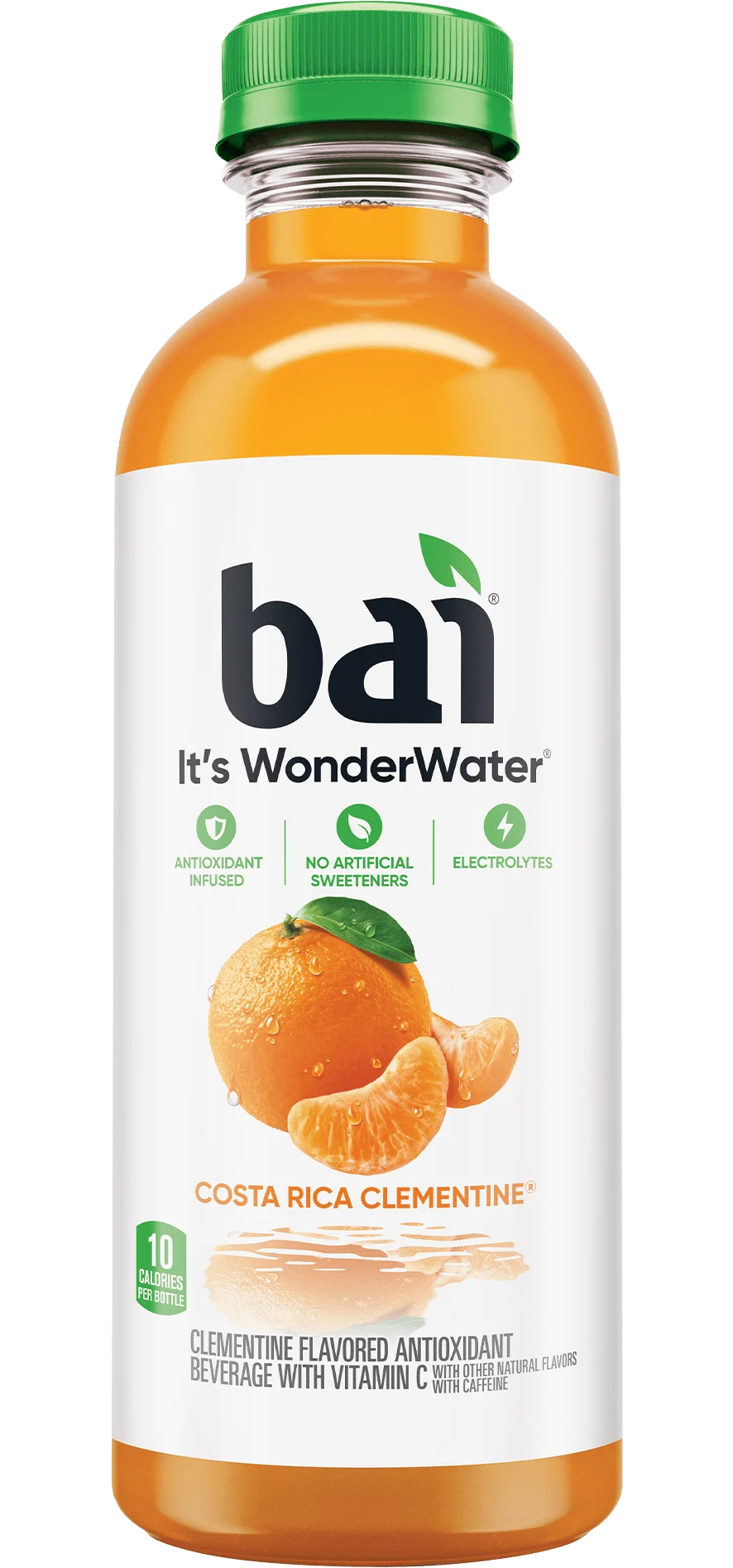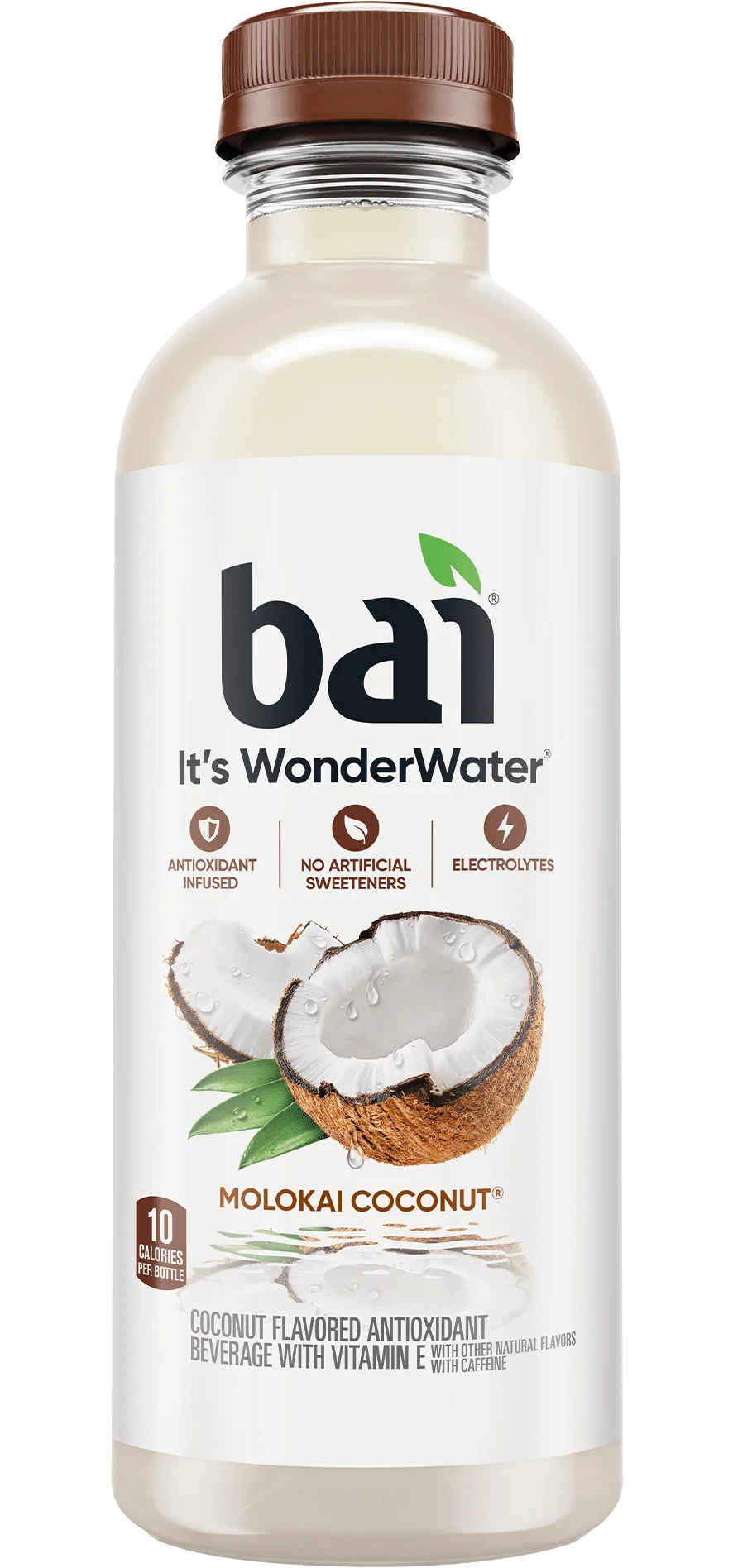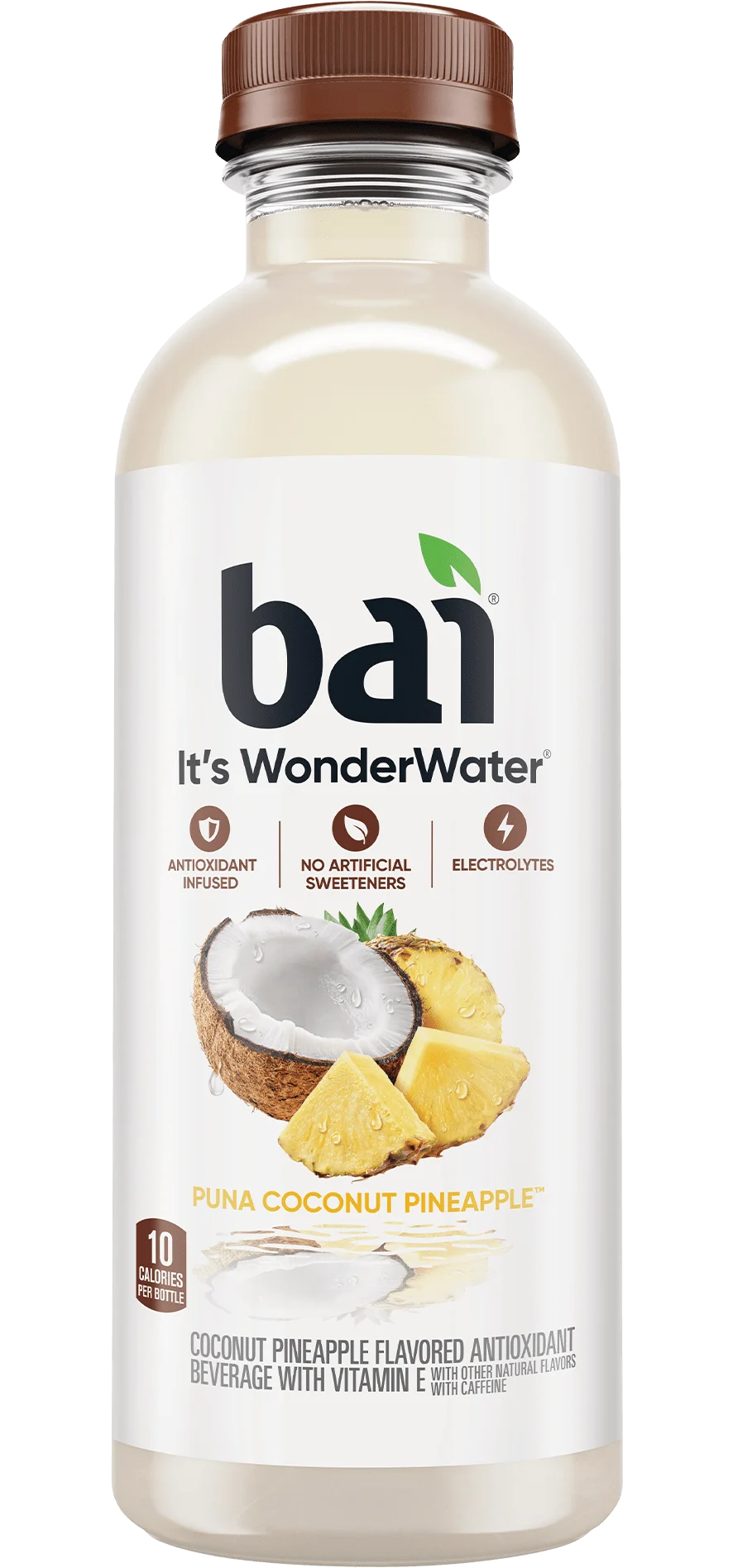Whether you like your coffee black or with cream and milk, chances are you enjoy it at the same time every day. While most people enjoy their coffee in the morning, some do prefer to wait until that always-drowsy afternoon hour and others like an espresso or frothy cappuccino with dessert. However, research has concluded that when you choose to partake in your favorite coffee beverage can determine how it will affect you.
When You Should Fill Your Mug
Early birds may enjoy their coffee as soon as they wake up or like to stop at their favorite shop on the way to the office, but some recent research suggests that the buzz from caffeine consumed this early doesn’t give the same benefits as caffeine consumed at a more optimal time. Neuroscientist Steven Miller, a Ph. D. student at the Uniformed Services University of the Health Sciences in Maryland, determined that the caffeine in coffee has more of an effect when the drinker’s cortisol levels are low, which doesn’t happen until a bit later in the morning.
Cortisol is a hormone secreted at higher levels when the body reacts to stress. Realistically, these levels can vary throughout the day; Miller’s research concluded that morning cortisol levels are lowest between the hours of 9:30 and 11:30 am. This is why early risers may benefit from holding off on the coffee until about this time of the morning.
For those looking to get the most jolt as possible from an afternoon trip to the coffee shop, Miller says cortisol levels are high around noon, so it would probably be best to wait until after your lunch break to indulge. Evening coffee drinkers should know that cortisol levels are up around 5:30 to 6:00 pm, so it might be best to get that last cup at some other time.
All the while it is good to keep in mind that each body is different, as cortisol level fluctuations won’t be the same for everyone. In fact, even the time you wake up can affect when your levels dip to the low levels that cause caffeine to become more effective.
Building Up A Tolerance?
While it could certainly be beneficial to know when you’re getting the most back for your java buck, it can also help you reduce your tolerance to caffeine to know when you aren’t getting the most out of your coffee. When you drink coffee during a time of high cortisol production, you will likely have to drink more to get the same buzz you would get from having coffee at a more optimal time.
How Much Should You Drink
According to the National Institute of Health, two to three 8 oz. cups of coffee contain a moderate daily dose of caffeine. A healthy adult should only consume up to 400 milligrams (mg) of caffeine per day, which would be about four cups of coffee. Anything more that that would be above the FDA recommendations.
Resources:
- “When You Drink Coffee Could Determine How It Affects You.” Wellness Today. N.p., 11 Nov. 2013. Web.
- “NeuroscienceDC: The Best Time for Your Coffee.” NeuroscienceDC: The Best Time for Your Coffee. N.p., 11 Nov. 2013. Web.
- “Medicines in my Home: Caffeine and Your Body.” United States of America. FDA. N.p., Fall 2007. Web.
- “Caffeine in the Diet.” United States of America. National Institute of Health. U.S National Library of Medicine. 30 Apr. 2013.

